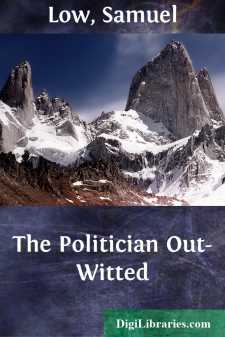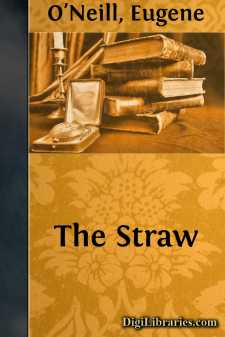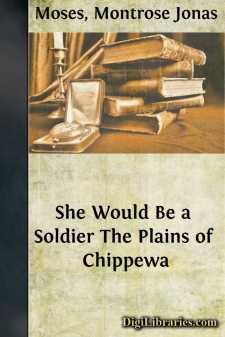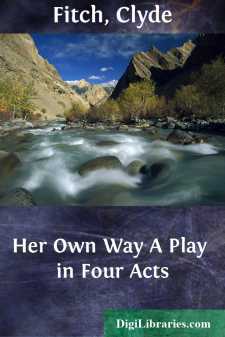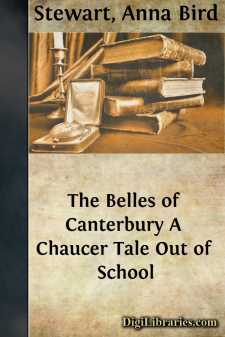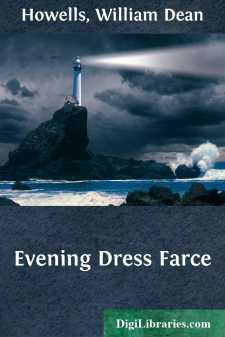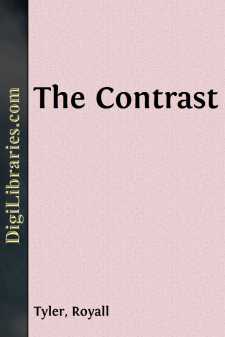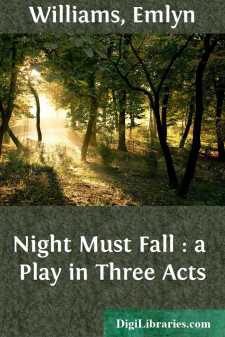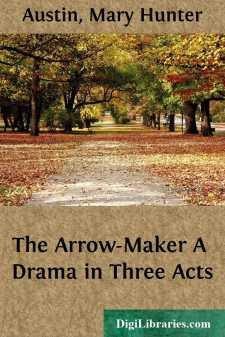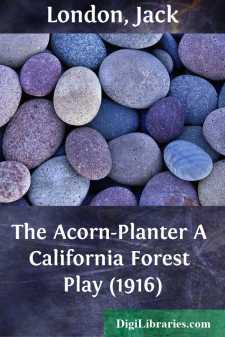Drama
American Books
Sort by:
by:
Samuel Low
Very little is known about the author of "The Politician Out-witted," a play which I have selected as representative of the efforts of the American drama, as early as 1789, to reflect the political spirit of the time. Assiduous search on the part of the present editor has failed to bring to light any information from any of the historical societies regarding Mr. Low, except that he was born on...
more...
by:
Eugene O'Neill
Act One Act One: Scene One The kitchen of the Carmody home on the outskirts of a manufacturing town in Connecticut. On the left, forward, the sink. Farther back, two windows looking out on the yard. In the left corner, rear, the icebox. Immediately to the right of it, in the rear wall, a window opening on the side porch. To the right of this, a china cupboard, and a door leading into the hall where the...
more...
MORDECAI MANUEL NOAH (1785-1851) Mr. Noah was born in Philadelphia, July 19, 1785, the son of Portuguese Jewish descent, it being stated by some sources that his father not only fought in the Revolutionary Army, but was a sufficient friend of George Washington to have the latter attend his wedding. In his early years, he was apprenticed, according to the custom of the day, to a carver and gilder, but...
more...
by:
Clyde Fitch
The nursery. Half-past two in the afternoon. A cool, delightful white room, with a frieze of children playing in the ocean spray; shelves of bright-colored books on the walls, and the months of a large calendar by Elizabeth Shippen Green framed underneath. There is a deep bow-window at the back; the principal door is at the Left, and a smaller one on the Right. Toys of all sizes, for all ages, are...
more...
COSTUMES. The simplicity of the costuming as well as of the stage setting makes the play an easy one for amateurs to produce. The dress of the four school girls should be as modern as possible. Their hair should be elaborately arranged. Hippolyta should wear the dress of an Amazon, armor if possible, or a short skirt, sandals laced high with crossed strings, waist to match the skirt, a crown, and a...
more...
Mrs. Edward Roberts: "Now, my dear, Amy and I will get there early, so as to make up for your coming a little late, but you must be there for the last half, at least. I would excuse you altogether if I could, for I know you must be dead tired, up all night, that way, on the train, but Mrs. Miller is one of those people who never can listen to reason, and she would take deadly offence if you missed...
more...
by:
Royall Tyler
THE 'Contrast' was the first American play ever performed in public by a company of professional actors. Several plays by native authors had been previously published, the more noteworthy being the 'Prince of Parthia,' a tragedy by Thomas Godfrey of Philadelphia, which was probably written, and was offered to Hallam's company in 1759 (but not produced), and was printed in 1765,...
more...
by:
Emlyn Williams
ACT I The sitting-room of Forest Corner, MRS. BRAMSON'S _bungalow in a forest in Essex, A fine morning in October. Centre back, a small hall; in its left side the front door of the house (throughout the play, "left" and "right" refer to the audience's left and right). Thick plush curtains can be drawn across the entrance to the hall; they are open at the moment. Windows, one...
more...
The greatest difficulty to be met in the writing of an Indian play is the extensive misinformation about Indians. Any real aboriginal of my acquaintance resembles his prototype in the public mind about as much as he does the high-nosed, wooden sign of a tobacco store, the fact being that, among the fifty-eight linguistic groups of American aboriginals, customs, traits, and beliefs differ as greatly as...
more...
by:
Jack London
ARGUMENT In the morning of the world, while his tribemakes its camp for the night in a grove, RedCloud, the first man of men, and the first manof the Nishinam, save in war, sings of the dutyof life, which duty is to make life more abundant.The Shaman, or medicine man, sings offoreboding and prophecy. The War Chief, whocommands in war, sings that war is the onlyway to life. This Red Cloud denies,...
more...


